Sammy Younge Jr. (1944 - 1966)
Fri Nov 17, 1944

Image: Official image of Sammy Younge Jr. as enlisted member of the United States Navy. [WikiCommons]
Sammy Younge Jr., born on this day in 1944, was an activist who was shot dead after he attempted to use a "whites only" restroom in Tuskegee, Alabama. Younge was one of the first black college students killed in the civil rights movement. After his murderer's acquittal by an all-white jury, the Student Nonviolent Coordinating Committee (SNCC) came out in opposition to the Vietnam War.
Younge served in the U.S. Navy for two years before being medically discharged, after which he began attending the Tuskegee Institute as a political science student.
Younge became a civil rights activist after enrolling in college, becoming active within the Student Nonviolent Coordinating Committee (SNCC) and a leader with the Tuskegee Institute Advancement League. He also participated in the Selma to Montgomery protest march in March 1965.
In September 1965, Younge was arrested and jailed after attempting to drive a group of black people to get registered to vote in Lee County, Alabama. Younge continued his efforts to get blacks registered to vote in Macon County, Alabama four months after being released from jail, up until his death.
On January 3rd, 1966, Younge was shot and killed by a gas station clerk after trying to use a "whites only" bathroom in his hometown of Tuskegee. Earlier that day, Younge had brought 40 people to register to vote at Macon County Courthouse, where he was threatened with a knife by a registrar.
At 21 years of age, Younge became the first black university student to be killed in the civil rights movement. His murderer was quickly arrested, indicted, and found not guilty by an all-white jury. This led to widespread protests in Tuskegee, and for the SNCC to officially oppose the Vietnam War. The SNCC issued a statement on January 6th, 1966, saying:
"We believe the United States government has been deceptive in its claims of concern for the freedom of the Vietnamese people, just as the government has been deceptive in claiming concern for the freedom of colored people in such other countries as the Dominican Republic, the Congo, South Africa, Rhodesia, and in the United States itself.
...The murder of Samuel [Younge] in Tuskegee, Alabama, is no different than the murder of peasants in Vietnam, for both [Younge] and the Vietnamese sought, and are seeking, to secure the rights guaranteed them by law. In each case the United States government bears a great part of the responsibility for these deaths. Samuel [Younge] was murdered because United States law is not being enforced. Vietnamese are murdered because the United States is pursuing an aggressive policy in violation of international law."



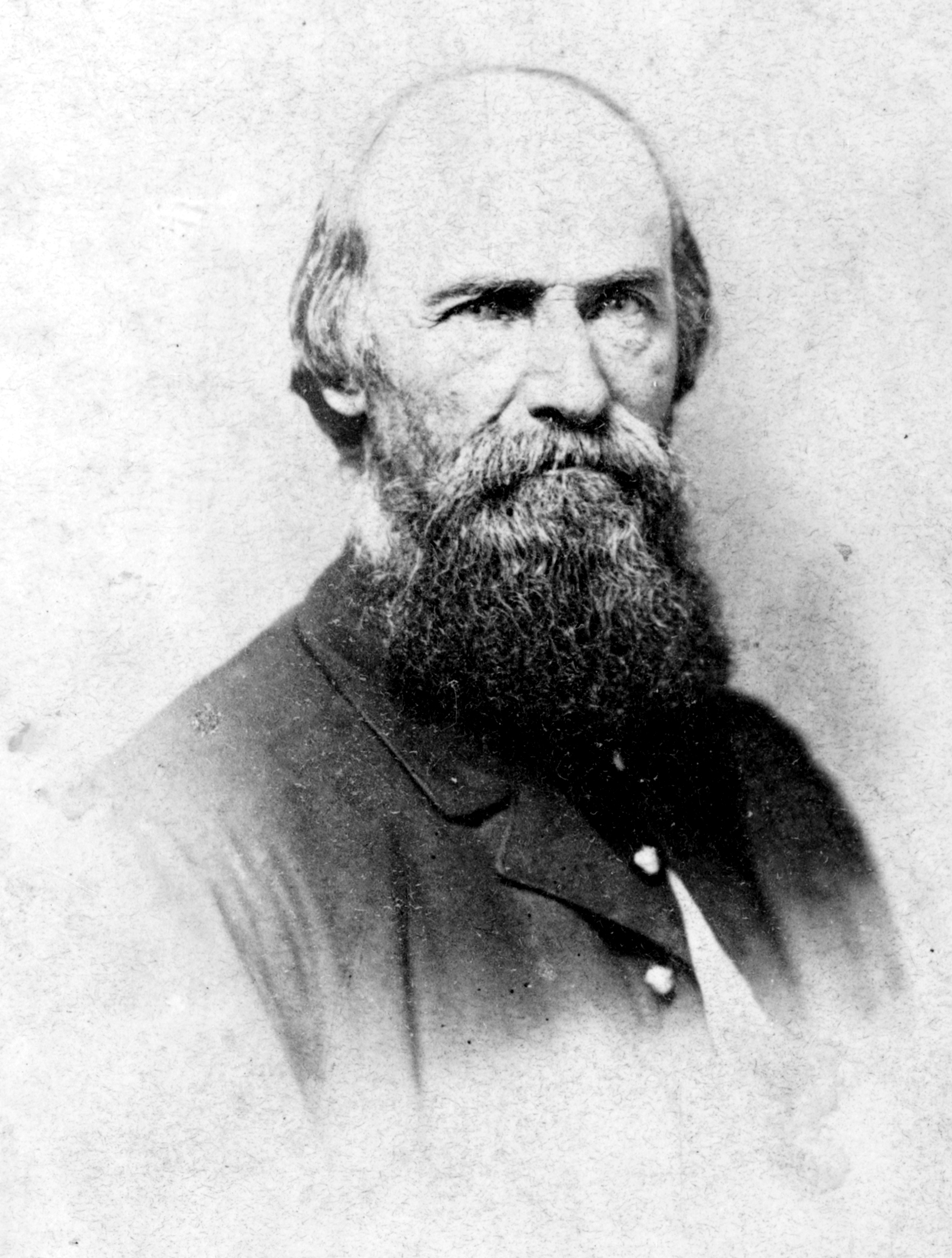

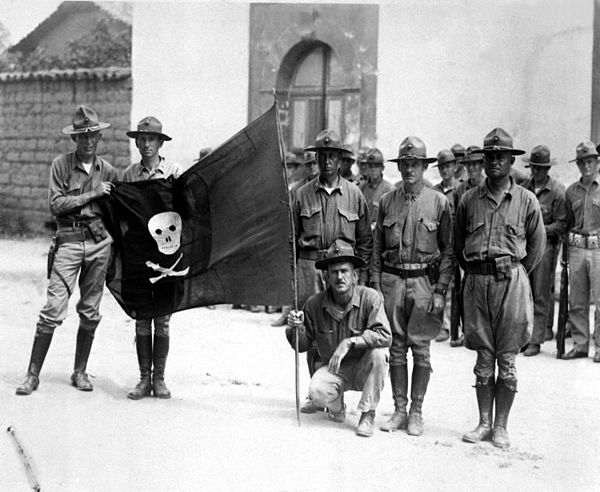

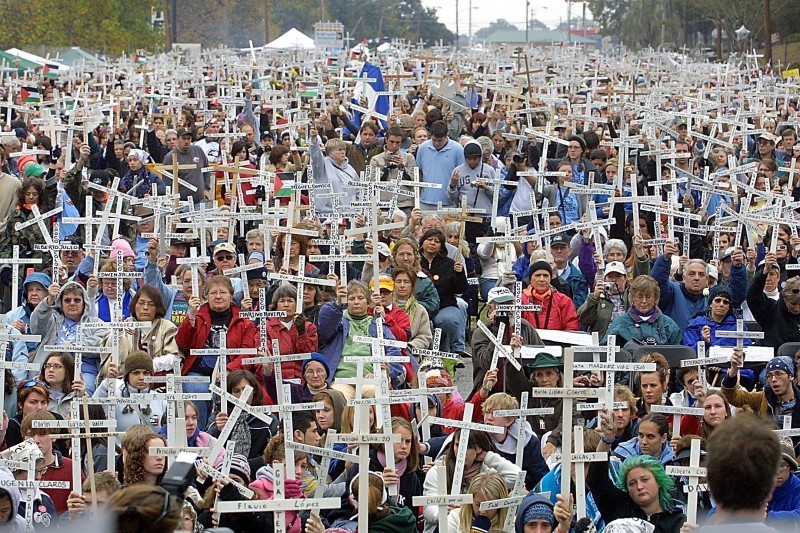

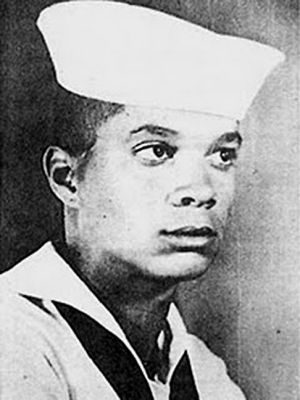

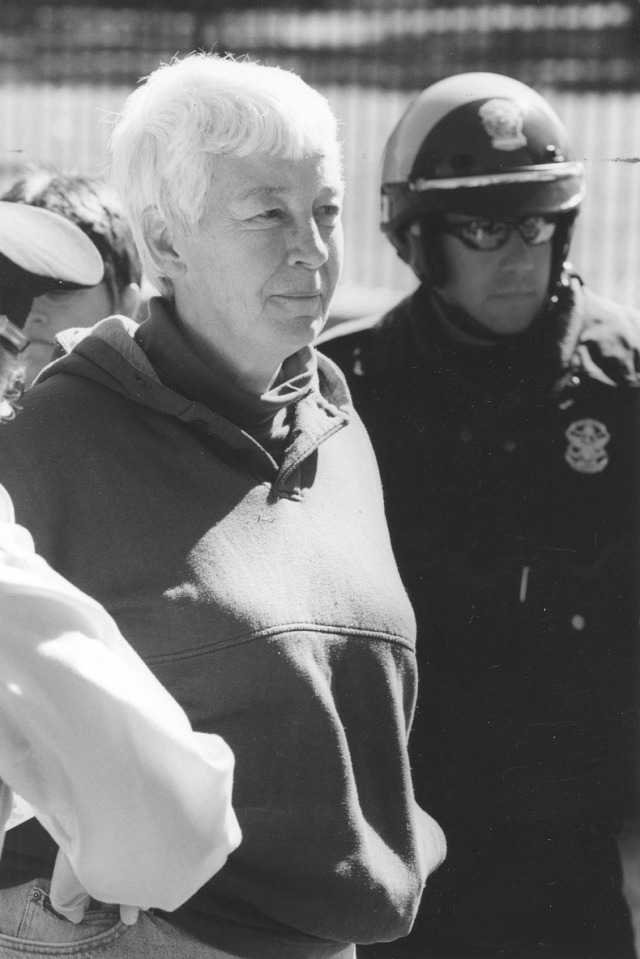

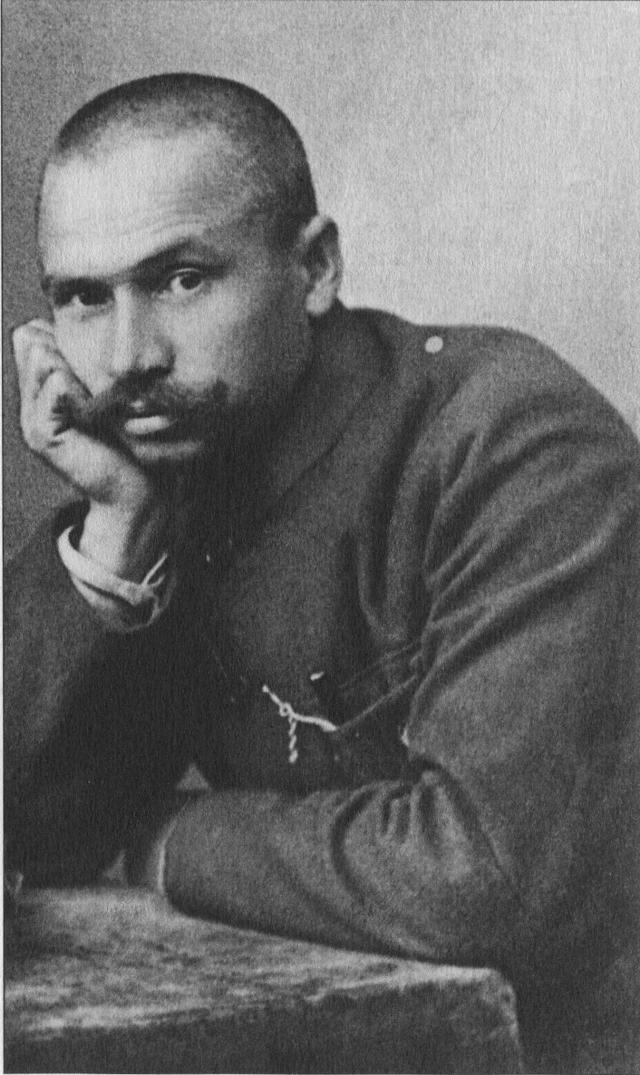

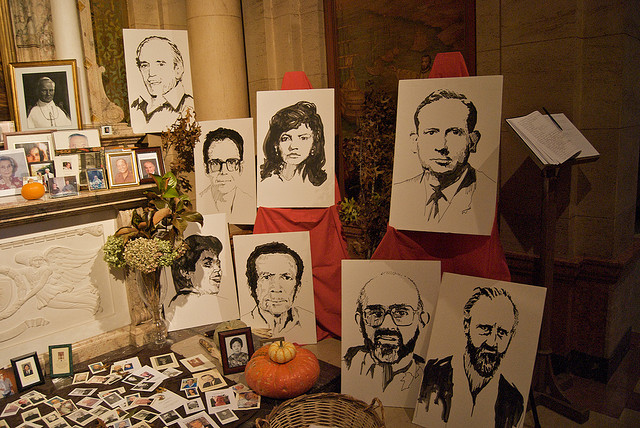

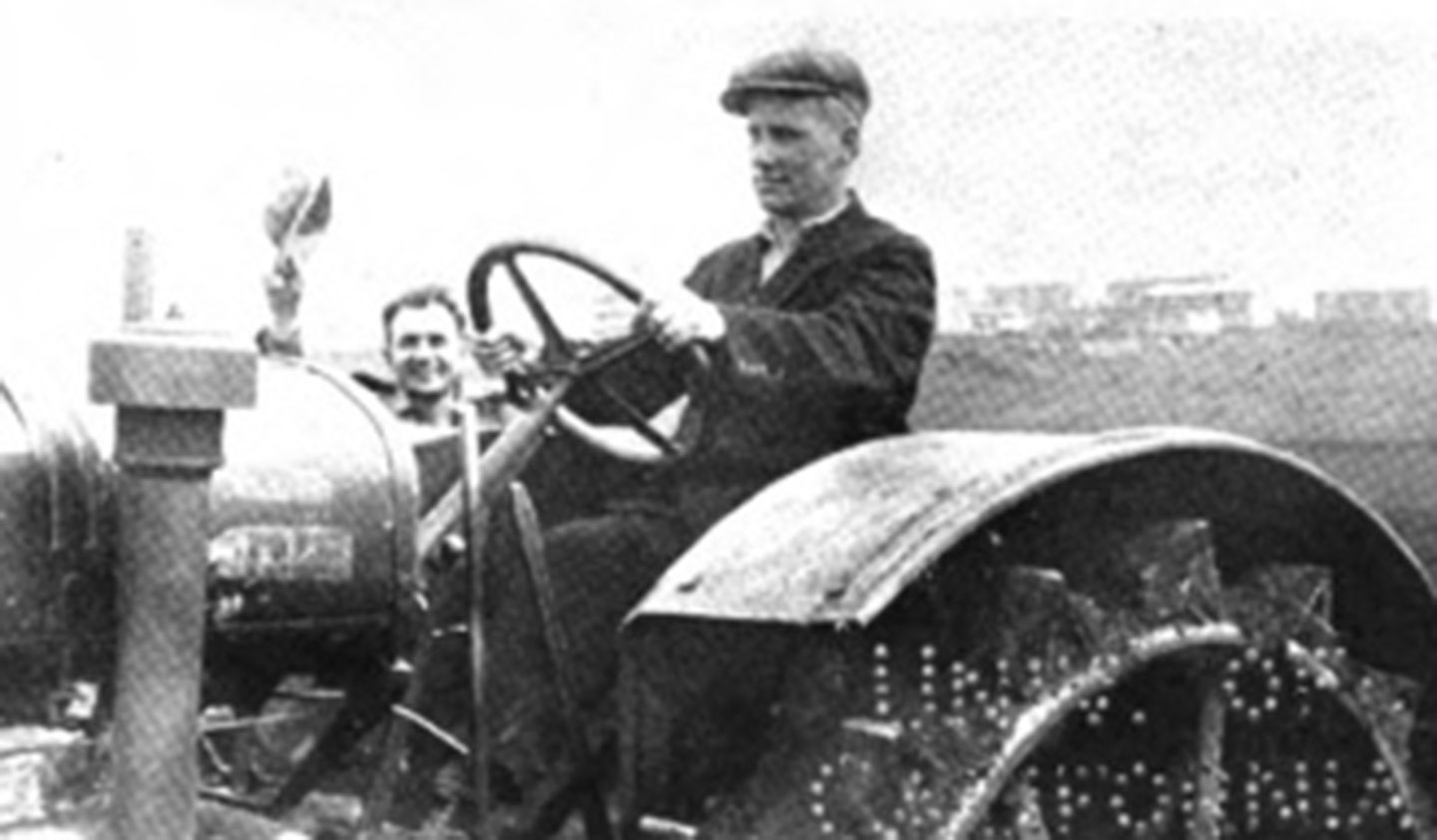

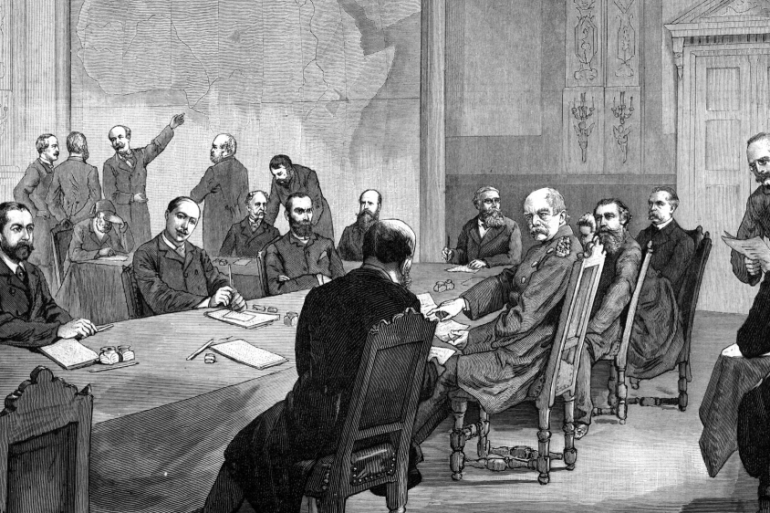

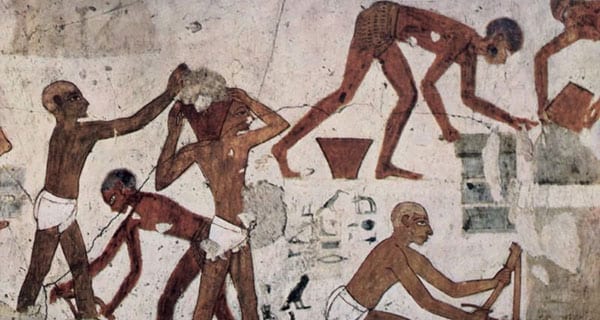

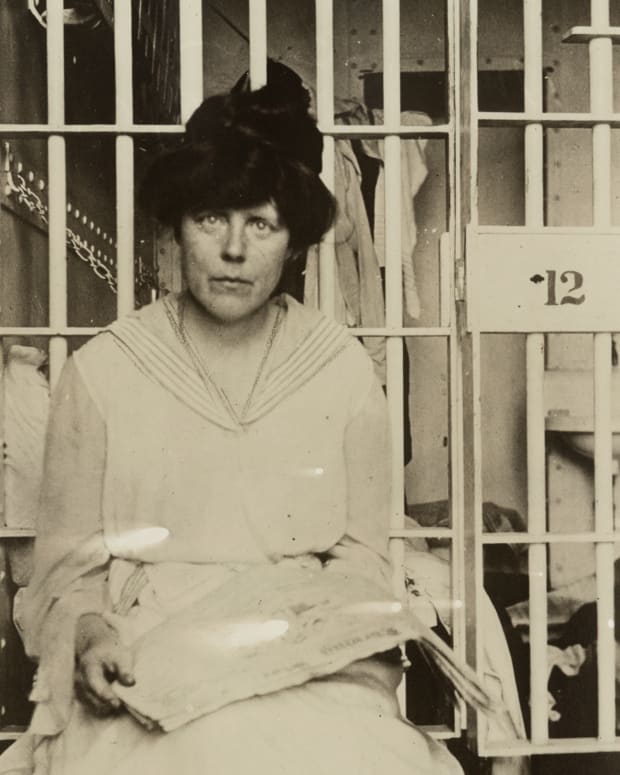

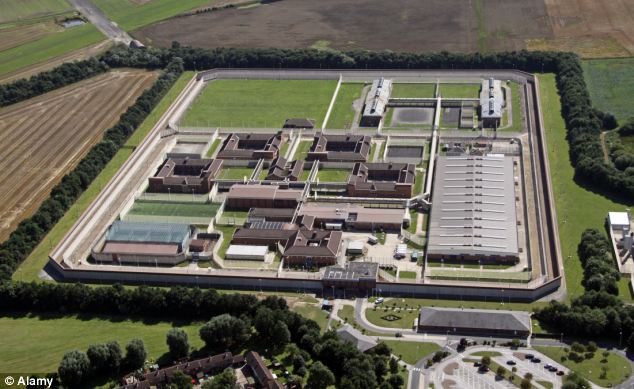
Thanks, updated.